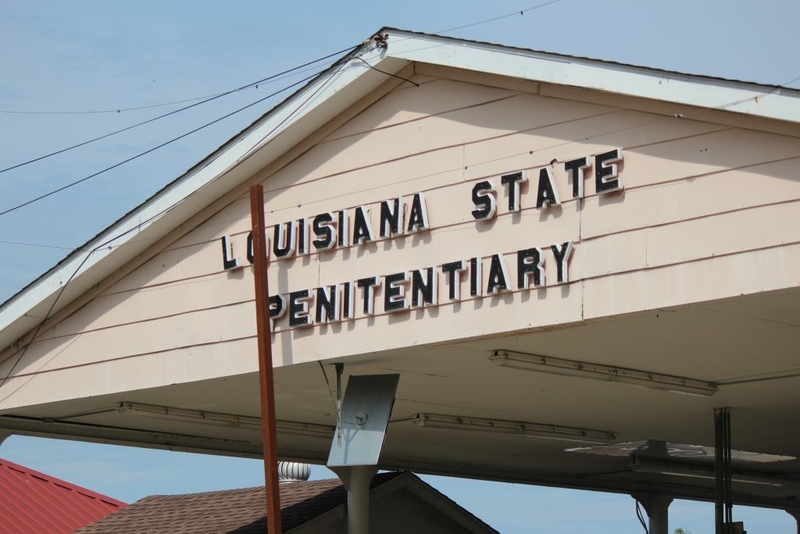Louisiana won’t say when incarcerated youth might go to Angola, citing ‘security reasons’

Citing security concerns, Louisiana’s Office of Juvenile Justice won’t say when certain incarcerated young people in its custody might move to a refurbished building on the grounds of the Louisiana State Penitentiary at Angola.
“The Office of Juvenile Justice is making sure that if and when any transfers take place, they are done so in a way that ensures the safety of juveniles and staff,” Nicolette Gordon, a spokeswoman for the agency, said Friday afternoon. “For security reasons, no specific information about the timeframe of the transfers will be released at this time.”
The state was looking to move eight incarcerated youths to the Angola site by the end of September, according to testimony a top state juvenile justice official gave in federal court last month. That deadline was apparently missed. Gordon said the agency would notify the media once the first group of youth are “safely” in the new building at the adult prison.
The new facility at Angola will house the most troubled youth in Louisiana’s juvenile justice system for a few weeks at a time. The Office of Juvenile Justice has struggled to maintain control at its facilities in recent years. Its three largest centers for incarcerated teens have seen riots, escapes and attacks on staff.
Officials said the building on the grounds at Angola, one of the country’s largest maximum security prisons for adults, will help them regain control over other centers. The building, once used to house death row inmates, is fortified and easier to secure than other juvenile justice locations.
Child welfare advocates and civil rights attorneys tried to fight the plan, saying an adult prison setting clashes with the rehabilitative mission of the juvenile justice system, but they lost a lawsuit to block the transfers. A federal judge said last week the state can proceed with relocating youth to Angola.
The question of who will be transferred is still unanswered. Officials have said that up to 30 incarcerated young people may end up at the Angola site, but attorneys and parents say they have been given no information about who could be moved.
This isn’t unusual. The juvenile justice system rarely tells families before they transfer a young person in their care to another location. In 2014, the state shuttered the former Jetson Center for Youth abruptly in the middle of the night without notice to parents, the incarcerated individuals or even the Jetson employees.
“Attorneys and families are not told when children are moved – before, during and, most distressingly, even after,” said Aaron Clark-Rizzio, with the Louisiana Center for Children’s Rights, which provides legal representation to people in the juvenile justice system.
The lack of information is causing anxiety for families this time around. One mother whose son is at an OJJ facility fears she won’t be able to visit him if he is moved to Angola. She asked to have her name withheld out of fear of repercussions for her son.
“To go from visiting him on the regular to not being able to visit him at all will be devastating,” she said in an interview Friday.
The woman said she and her son initially found out about the plan to move youth to Angola through the news. Gov. John Bel Edwards revealed the plan at a press conference in July before it was explained to the families of the incarcerated.
The woman said she relies on family members and friends to drive her to visitation with her son every other weekend. She always takes one of her other children and her incarcerated son’s daughter to visit, so her son can see he has family support.
“The purpose for my visits is to try to let him know that he is not thrown away,” she said. “I want him to come home and do better.”
If her son is moved to Angola, the woman fears she won’t be able to visit him because it’s too far away from where she lives. She’s not sure how he will react to the lack of contact.
“He is going to expect me to make a miracle somewhere, but I’m going to be straight honest. I won’t be able to visit,” she said.








